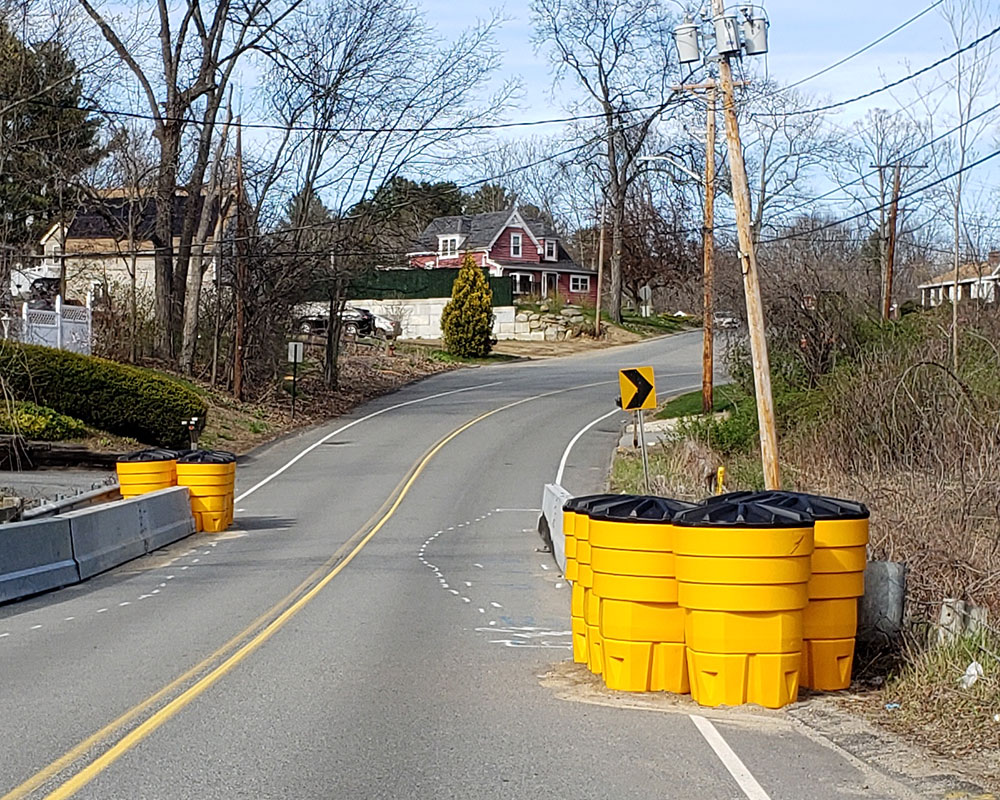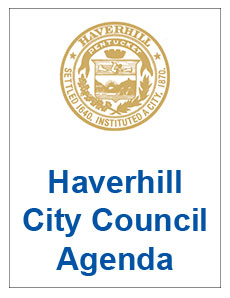Haverhill could spend $10.2 million—or a little more than a quarter of its federal pandemic aid—on roadway and intersection improvements, such as replacement of the Rosemont Bridge.
Rosemont Bridge, an improved intersection at Hilldale Avenue and Rosemont Street and street paving projects were among a limited project list prepared by consultants Anser Advisory on how the city might spend $37.5 million from the federal American Rescue Plan Act.
“ARPA presents us with a once in a lifetime opportunity to rebuild our infrastructure,” Mayor James J. Fiorentini said in a press release. “Cities have not seen an opportunity like this since Franklin Roosevelt made the WPA available in 1933. This gives us a unique opportunity to fix our roads, our bridges, our sidewalks and our sewers. We are using these funds to invest in streets and sidewalks, and to improve our water/wastewater infrastructure.”
During the spring of 2020, state inspectors said both the Rosemont and Snow’s Brook bridges are deficient, prompting the placement of bright yellow barrels to reduce roadway widths at on both Rosemont Street and North Avenue.
The second largest expense category—$7.8 million—is aimed at addressing “negative economic impacts,” such as childcare and education grant programs, more money for food banks, small business and nonprofit economic assistance grants, job training and more. The list goes on to name $525,000 in park and recreation upgrades at Union Park, Moody School Field and Harry McNamara Playground and $545,409 for sidewalks.
The mayor said amounts include repairs to the Herbert H. Goecke Jr. Memorial Parking Deck, extra money for school, new fire and police vehicles and repairs and improvements to Winnekenni Park and City Hall.
The spending overview also proposes spending 18% of the money—or $6.8 million—on upgrades at the city’s water and wastewater treatment plant and water and sewer pipes.
Although an unusually large federal grant, Fiorentini said it hardly covers a project wish list from the public through online surveys, city department heads, outside consultants and the mayor’s office totaling $400 million. “We wish we could fund every one of them and whenever possible, and with only a few exceptions to meet immediate needs, we prioritized requests with broad, long-term impacts for the city and our residents,” he said.
A final plan is due by the end of next year and all money must be spent by the end of 2026.
The Haverhill City Council meets tonight at 7, remotely and in-person at the Theodore A. Pelosi Jr. Council Chambers, room 202, Haverhill City Hall, 4 Summer St., As a public service, 97.9 WHAV plans to carry the meeting live.


